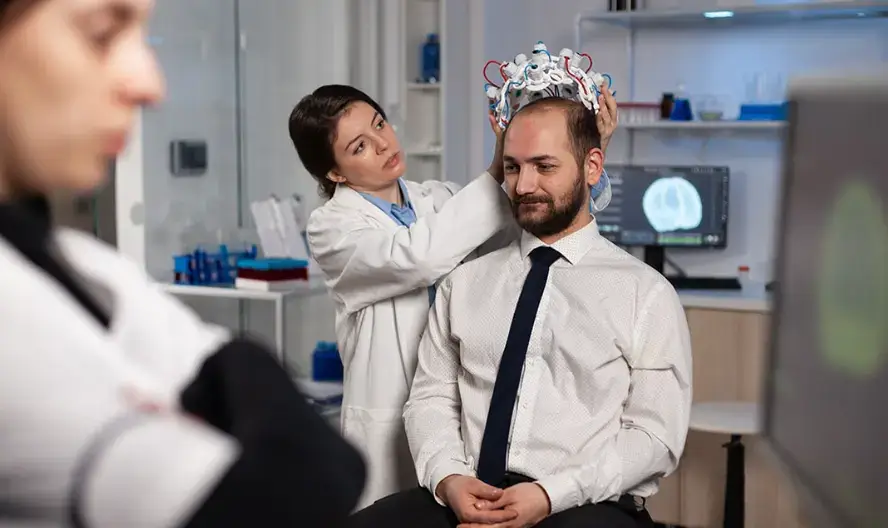The Role of Neurologists in Rehabilitating Brain Injury Patients

Patients who suffer traumatic brain injury or other neurological illnesses must undergo rehabilitation to maximize their physical and cognitive recovery. Neurologists work with other brain injury specialists to develop a treatment plan addressing each patient’s needs.
Medications
Traumatic brain injury (TBI) patients are often referred to neurologists for evaluation. Family physicians or emergency medical care facilities can also refer them. Most mild brain injuries can be managed with an ER visit, a short hospital stay for observation, or at-home monitoring followed by outpatient rehabilitation. However, suppose a patient has suffered a severe brain injury or has symptoms such as seizures, bleeding, or paralysis. In that case, they should be admitted to a hospital and treated by a neurointensivist. In addition to treatment, neurologists can help prevent seizures and infection. They can prescribe anti-seizure medications such as levetiracetam or phenytoin. They can also provide a variety of antibiotics to prevent infections.
Physical Therapy
Every nine seconds in the United States, someone sustains a brain injury. The primary cause of death and disability in both infants and adults is traumatic brain injury (TBI). Physical therapy is an important part of rehabilitating brain injury patients. It helps patients restore mobility and increase their functional independence. The treatment plan a physical therapist develops with you will be customized to your needs and goals. It may include a combination of physical therapy and other therapies. Integrated Brain Centers says physical therapists use hands-on treatments and exercises to improve movement, strength, balance, coordination and flexibility. They can also help reduce muscle spasticity, improve vision and speech, and teach you to avoid falls.
Occupational Therapy
Occupational therapy is a form of rehabilitation that helps patients regain their ability to do tasks themselves. It can also help people with disabilities, injuries, and illnesses adjust to their environments to function better.
OTs work in various settings, including hospitals, clinics, home health care, schools, and community centers. They help people of all ages participate in activities that benefit their health and well-being.
OTs also work with patients with mental health conditions such as depression and anxiety. They improve patient skills by increasing the use of positive coping strategies. They also help people develop healthier habits and learn to manage their symptoms to function at home, school, and in their communities.
Speech Therapy
Speech therapy helps patients with a variety of communication disorders. They may need it to improve their communication skills after an illness or injury, such as a stroke or brain injury.
The primary purpose of speech therapy is to increase a patient’s communication abilities, focusing on the mechanics of producing words (articulation and fluency). They also help with receptive language and understanding what is being said. Speech-language pathologists, or SLPs, are allied health professionals who work in various settings, from hospitals and residential care facilities to schools and private therapy practices. They evaluate, diagnose, treat and prevent speech, language, voice and swallowing disorders across the lifespan.
Psychotherapy
Psychotherapy, or talk therapy, is important for rehabilitating brain injury patients. It aims to explore past issues that gave way to present challenges and help people overcome those obstacles.
Psychotherapists work one-on-one with individuals to resolve issues that affect their emotional health and daily functioning. They use talking, writing, or role-playing techniques to address a person’s needs and improve their well-being. People with various mental disorders and ailments, such as schizophrenia, bipolar disorder, depression, or anxiety, can benefit from psychotherapy. It can also be helpful for anyone who wants to improve their relationship with a loved one or resolve conflicts within the family. Finding a therapist that can relate to your situation and has the necessary education.
